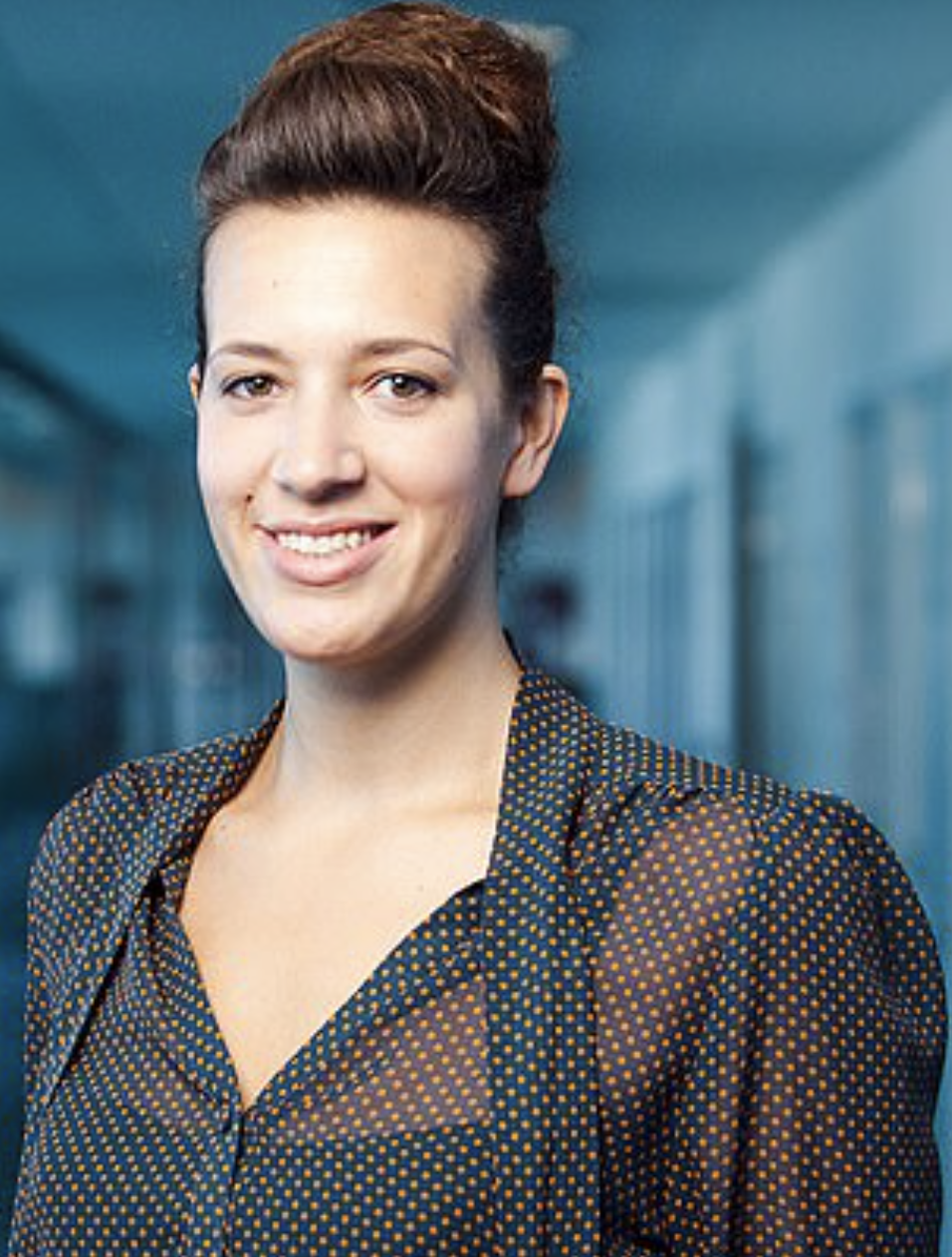British TV producers are turning into Premier League superstars, Why teenagers are taking a break from social media, and The power of freezing your bits off

> > To receive this email every Friday, subscribe to Creatorville for free < <

According to Dr Eliza Filby, the rise and rise of social media isn't entirely as it seems.
Eliza is an academic, writer and speaker who specialises in generational and value shifts in society from Boomers to Gen Alpha.
She tells me that in the USA:
34% of Generation Z social media users have quit one or more platforms entirely, while a full 64% have taken at least a temporary break
And it turns out that Gen Z is already spending in the metaverse:
19% of Gen Z have bought fashion items in the metaverse with a further 75% plan to spend money on digital fashion.
She has taught at Warwick Uni, King's College and Remnin in China and worked with several companies from the Harry Potter Franchise to the Royal Household, from McKinsey to McDonald's, all to help companies understand how society is changing in terms of its workers, consumers and citizens.
Eliza hosts her podcast on generational change, 'It's All Relative', writes a weekly substack and can also be found trying to get down with the kids on TikTok.
We will discuss Eliza's most interesting, counter-intuitive findings about our younger generations' wants, needs and behaviour on Tuesday at 1700.
To understand these fascinating trends and more, please register to join us for free on Tuesday's Creatorville Live call
They think it's all over...
As a television producer, It’s increasingly challenging to hold on to rights in your shows.
Many producers think this is simply the networks leveraging their might to make more money out of their commissions.
But the truth is, the business model of broadcasting is struggling, and networks are having to work out how to stay profitable.
Pushing production budgets down, and commissioning lots more of their highly-rated shows are two ways of doing this.
And a way for networks to grow income is by increasing the external sales of their most successful brands.
We still have Terms Of Trade in the UK, ensuring that shows commissioned for the main PSB channels are then distributed globally by the producers.
This deal has proved hugely beneficial in making the TV production business model a great one for successful British producers.
Once an indie had a couple of long-running hit series selling well around the world, large corporates would come calling, desperate to acquire them, safe in the knowledge that long-term profits were likely from the global sales of these shows.
However, it is just a matter of time before market pressures force broadcasters - and acquirers - to change their models.
I predict terms of trade will be worked around more and more, by broadcasters offering different deal terms in exchange for precious fully funded commissions.
In a world of ever-decreasing work, producers will face the choice of fully funded commissions where they lose their rights, or no work at all.
The biggest commissioners of the coming years will be global streamers.
Their business model for original commissions is based on taking global rights so that they can exploit their investments as fully as possible over many years.
This leaves very little room so far for producers to retain their rigts, unless they self-fund like Noah Media.
So where does this leave producers?
Mostly, pitching the best ideas of their creative careers to networks that will then own and control the rights for many years, in exchange for a commission to make season one with a healthy production margin.
Even if the first season does well, there is no guarantee of a season two, and no way to offer it elsewhere. You're locked in.
And those producers that hit gold and create brilliant global brands?
Those who want to cash in and sell their production companies after years of entrepreneurial trauma?
Well, instead of being valued by potential acquirers on the future profits from the global sales of the shows they already own, their companies will be valued differently.
They will increasingly be valued like elite football players.
What they deliver on the pitch will be much more important than the rights they have built over the years.
So, companies will now be bought and sold on the reputation and star power of their principal producers.
The major international streamers only want to work with the very best producers.
They have no time for heavy lifting with emerging creatives.
So they are increasingly tapping top producers on the shoulder to make their huge box-set shows for them.
Want to make shows for Prime Video, Netflix, or Paramount+?
Unless you're one of their favourites, it's going to be tough.
Instead of responding to a cold pitch, they are increasingly likely to decide what they want to make, and then call a producer to make it for them.
And acquisitive companies that want to own creative businesses won’t be able to rely on global distribution revenues, because the best producers won’t have any rights to exploit.
What they will have is show after show of big budget, zero rights commissions at healthy margins.
So, expect to see the biggest production companies assessed differently by potential acquirers.
They will be valued as services for hire businesses, not rights owners.
As a result, company principals will start being locked in post-deal for 8 years or more.
Because in a world of zero rights, all that matters is showing up to play the game - like top footballers.
The Messi of factual will be able to sell their company for a lot of money - but they will have to stay with that company for many years to get their financial rewards in full.
If you are the Beth Mead of entertainment production, you will have to go out and earn your windfall by producing week in, week out.
We will see hot production companies being bought much earlier - but their owners being locked in for much longer.
Chelsea FC recently bought £600m worth of young footballers under the direction of their new owner Todd Boelhy.
And he used 8+ year deals to manage the financial impact of the bets he placed - effectively protecting his investments for many years, and being able to sell on the players for a long time.
Boelhy's company decided that owning the best-emerging talent was the right move for his brand.
And I expect that is what the biggest entertainment companies will realise too.
But for producers, it means a split in the path ahead.
- Either, they have to back themselves to build a rights-based company that can be sold on the future value of the hit shows they have produced.
- Or, they can position themselves to be the star of the streamers, and cash in on the potential of making box sets for the next decade.
Both are perfectly possible.
To succeed in the new paradigm, they will have to work relentlessly.
Just decide which approach is right, and go for it 100%.

I've spent the last week in the Arctic Circle, often going far outside my comfort zone.
My body loves warm climates and doesn't like the cold.
So getting out and about in -27c this week was definitely a challenge.
Why do I do it?
Well, because getting out of your comfort zone builds resilience, confidence and self-belief.
Dealing with things that you thought you'd find impossible, but you actually manage to complete, is hugely gratifying.
And doing that surrounded by my family makes me feel incredibly lucky and reminds me of how privileged I am.
So, I'm going to book in getting outside my comfort zone every year.
It's much more fun than it seems!
Have a great weekend everyone, and don't forget to register for Tuesday's Creatorville Live call here

